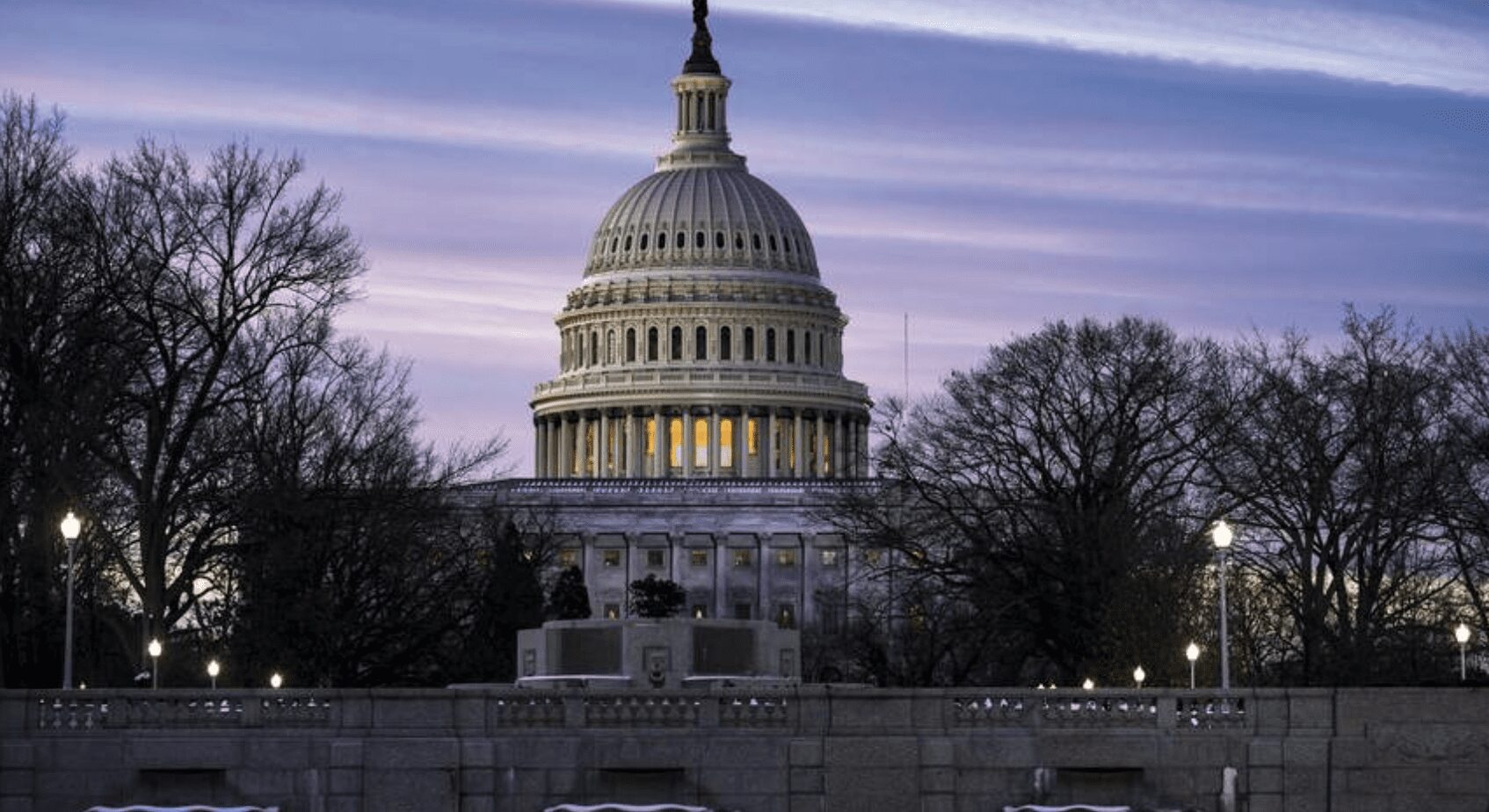Chances are you won’t be too happy about the IRS’s latest warning.
A number of new changes to the tax code this year are having a downward effect on the size of the average American’s tax return.
In other words, your tax return will probably be smaller this year.
The IRS even admitted as much in a November news release about filing taxes. This is for a number of reasons.
For one, Economic Impact Payments are no longer in effect; second, taxpayers can no longer deduct certain charitable contributions.
According to CNBC, following the COVID-19 pandemic, Congress allowed many more charitable contributions to qualify for deductions.
Those changes were extended into 2021, but are no longer in effect going forward.
In addition, the Democratic Party’s American Rescue Plan Act of 2021 now allows the government to take a bigger cut of earnings passed through payment processors.
According to the IRS, the bill lowered the reporting threshold for such payments.
Previously, any individual that makes more than $20,000 through 200 transactions over one year was required to file a Form 1099-K.
Now, anyone who receives a single transaction of $600 will need to file the same form.
“The IRS cautions taxpayers not to rely on receiving a 2022 federal tax refund by a certain date, especially when making major purchases or paying bills. Some returns may require additional review and may take longer,” the IRS statement read.
Longer wait times for returns are thanks to additional review processes the IRS has implemented.
Indeed, it appears that taxpayers are finally beginning to feel the effect of President Joe Biden’s decision to drastically increase the size of the government’s tax-collecting arm.
According to a September story from NPR, included in the Inflation Reduction Act was $80 billion dollars for the IRS.
This money was to be used to hire new agents, improve the department’s technology and increase the number of tax audits.
An August analysis of the increase in IRS funding posits that the IRS will indeed be increasing audits on lower-income households, weaponizing an overly complex tax code in order to penalize lower-earning Americans who make mistakes interpreting the code.









